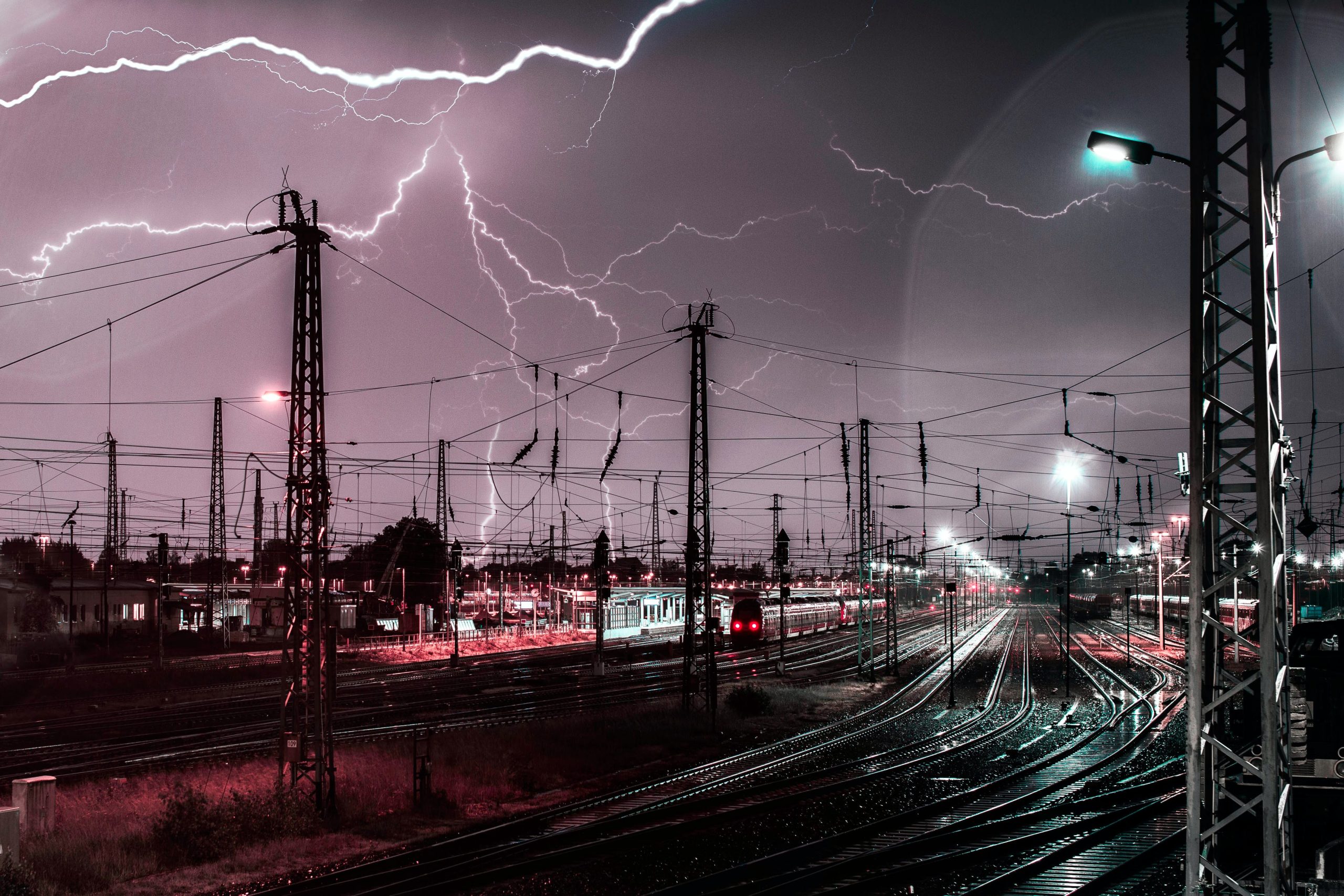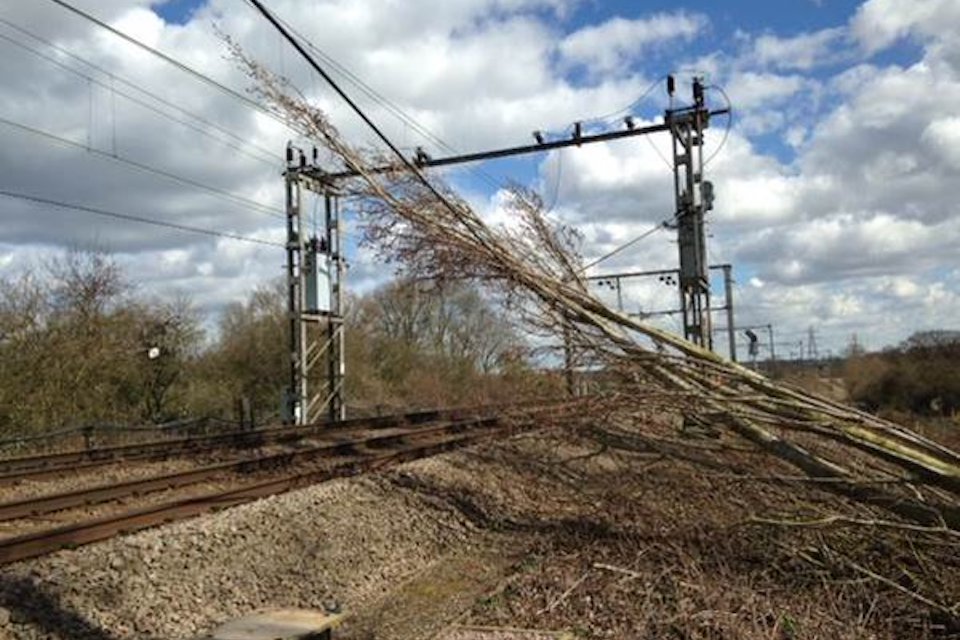A major communications failure has paralysed much of the British railway network, leading to freight delays and commuter cancellations. Fears over digital interference are at an all-time high, prompting concerns over cyber security. Meanwhile, train drivers across Britain were puzzled by the silence on their cab comms. Signallers felt as bereft as mission controllers with all their screens showing “LOS” – Loss of Signal. Hamilton to Hounslow, we have a problem. This morning, the wireless comms system that puts signallers in touch with drivers, just wasn’t. That’s no joke and it’s left the British rail network in meltdown.
From ScotRail to South Eastern, early morning commuters arrived at stations to the dismay of an entire departure board turned red – just like the signals down the line. In a system which (rightly) defaults to safety first, the first thing that happens in a communications failure is a revert to red. That’s what happened this morning on lines from Scotland to the south of England.
Short-notice cancellations
“Services across the National Rail network may be subject to delays this morning,” said an early morning statement from an undoubtedly bleary-eyed spokesperson for the network, who said commuters would feel the worst effects. “Trains on some routes across the network are having to start their journeys and may also be subject to short-notice cancellations.”

Already, conspiracy theorists have been making obvious, and not so obvious, connections. Ironically, connections are the thing the railways are not making right now. However, with the official cyber-security level in the UK currently at ‘panic-stricken’, thoughts of foreign actors are never far from the headlines. It was only yesterday, say some, that a major Russian-backed multi-national, multi-billion pound money laundering network – based in London – was shattered by law enforcement authorities. Could this be revenge? Not likely, say the more level-headed observers.
Stand by for Storm Darragh
For anyone who still thinks that ‘signals’ are the way that signallers communicate with drivers, it’s time to think again. The real communication tool out there on the network is GSMR. The “Global Systems for Mobile communications – Railways” puts the signaller in the cab with the driver. Except this morning – it didn’t. That, to the dismay of about a million and a half commuters (so far) has been the cybernetic fly in the digital ointment. “There is a fault with the onboard “GSMR” radio system that allows communication between train drivers and signal operators,” explained National Rail Enquiries.”This issue is currently being investigated and will be updated as soon as possible.”

Finding the departure boards universally showing ‘delayed’ is the sort of daytime nightmare that only a terrible winter storm usually evokes. Well, the bad news is … that’s on the way too. Storm Darragh is about to hit the UK later this afternoon, with winds up to 90mph (144kph). By the time that biblical rain shower hits mainland Britain, the railway will still be recovering from the plague of blown away wireless communications.
Digital down, storm coming, now “When Trees Attack”
One cynical comedian (who beat this correspondent to the drop) suggested that the comms collapse was undoubtedly down to Network Rail running out of fax paper. A somewhat unkind but excusable manifestation of gallows humour, in the face of network-wide delays and cancellations until at least midday. We’re fully expecting that deadline to pass without resolution.
The last thing needed on a day like this is a tree to fall and block a main line. So, it will come as no surprise to find that a tree has fallen and blocked the main line between Leeds and Sheffield – at Wakefield. That’s disrupting (British railways code for “completely shattering”) services on that section of the Midland Main Line, which is busy with mixed traffic – from CrossCountry passenger services to vital freight, including intermodal traffic to Wakefield, Leeds and Sheffield. It never rains but it pours – and today, it’s about to pour.